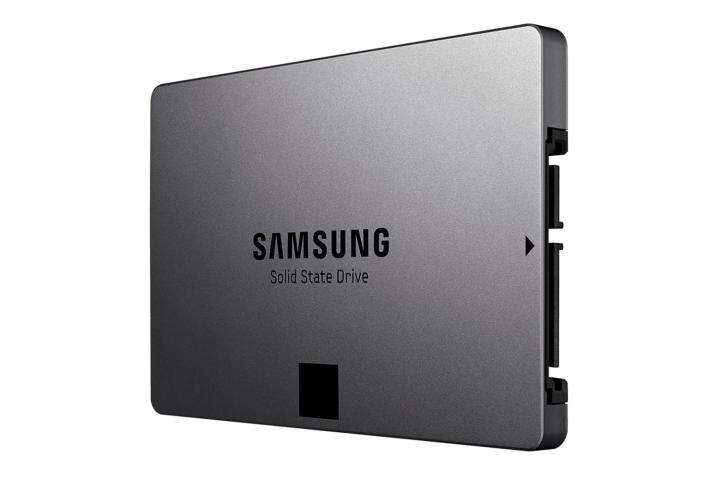
An engineer from the search firm Algolia claims to have discovered a bug in the way the drive reallocates blocks of data. Instead of only zeroing areas which contain previously deleted data as they are supposed to, the drives appear to be deleting 512-byte blocks in random locations on the drive. That can mean large files become corrupted and those that are closer to that byte-size can be overwritten, making any hope of recovery very distant.
Related: Worried about SSD durability? A recently finished experiment will help you rest easy
This finding obviously warranted investigation, so the Algolia engineer ran tests (via TR) and tried different hardware, and ultimately discovered that the root of the issue seemed to be with the Samsung drives’ controllers issuing faulty commands. And while this didn’t appear to be related to the fact that the SSDs were running a Linux server, it can’t be ruled out at this time.
The drives confirmed to be problematic include:
- Samsung MZ7WD480HCGM-00003 (SM843TN)
- Samsung MZ7GE480HMHP-00003 (PM853T)
- Samsung MZ7GE240HMGR-00003 (PM853T)
- Samsung SSD 840 PRO Series
- Samsung SSD 850 PRO 512GB
If this does turn out to be a fault in the Samsung drives, it wouldn’t be the first that users have run into as of late. The Korean electronics maker recently issued firmware updates for problems with the 840 EVO SSD, which had seen strange reductions in its read speed.
Have you got a Samsung SSD? If so, have you run into random data corruption issues?



